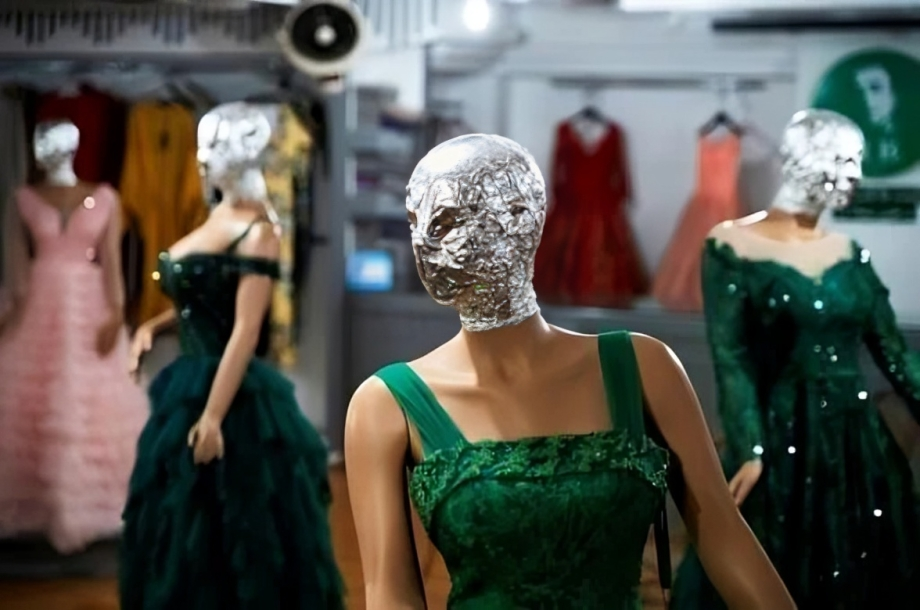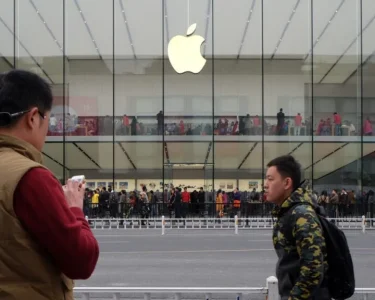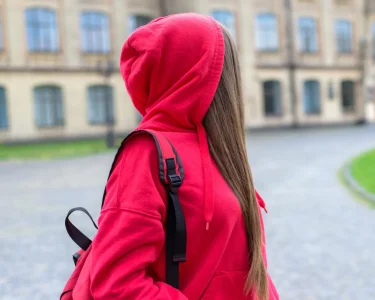KABUL: In the heart of Afghanistan’s capital, shop windows showcase stunning ball gowns and elegant three-piece wedding suits—each mannequin’s face deliberately covered. According to a local clothes seller in Kabul, the morality police have instructed stores to conceal the mannequins’ faces and remove any photographs of models.

“It makes the display a bit unappealing,” admitted the 22-year-old shopkeeper, “but it doesn’t impact sales.”
Since the Taliban regained control in August 2021, they have enforced a strict interpretation of Islamic law, including a ban on depicting human faces.
“The environment must align with Islamic values,” said the Kabul salesman, who requested anonymity due to fear of reprisals.
Women’s evening dresses on display are vibrant, with some designs featuring exposed shoulders or deep necklines, often embellished with sequins. These dresses are purchased to be worn in private settings, such as gender-segregated weddings or engagement parties. The heads of the mannequins displaying these outfits are wrapped in plastic, foil, or black bags.
“Eventually, they might mandate that the arms be covered as well,” the salesman speculated.
Other stores showcase traditional Afghan wedding dresses with voluminous skirts and intricate embroidery.
The Taliban government has instructed women to cover themselves completely in public. In Kabul’s shopping district, women were seen wearing abaya robes and covering their faces with medical masks while running errands.
“We Make Do”
After the ban on depicting human faces was enforced in January 2022, religious police in Herat began decapitating mannequins by severing or snapping off their heads.
This rule is now enforced nationwide by teams from the Ministry for the Propagation of Virtue and the Prevention of Vice. Wearing long white jackets, they make regular visits to Kabul’s stores, often multiple times a week.
In a multistorey shopping center in Kabul, the heads of mannequins are mostly concealed with plastic bags or wrapped in foil.
“In some areas, the ‘Vice and Virtue’ teams visit on specific days, so shopkeepers cover and then uncover the mannequins’ faces,” said Popalzai, a shopkeeper using a pseudonym.
“But here, there are three to six guys who come two or three times a week. They check from a distance, and they’re much more lenient than before,” added the shopkeeper, who lived through the Taliban’s first regime from 1996 to 2001.
At the entrance to his store, male mannequins dressed in Western clothing, such as jeans or three-piece suits—styles discouraged by the Taliban authorities—are all hooded, with one even donning sunglasses.
Customers and sellers appeared unfazed by the unsettling, headless figures. “There are more serious problems,” said another shopkeeper, alluding to the harsh economic conditions and the restrictions on women’s education and work.
“This is not a major issue for Afghan people,” he remarked. “We make do with it.”
Have something to add to the story? Share your thoughts in the comments below.
Don’t miss our comprehensive coverage of related topics, available on our Digital Digest.




